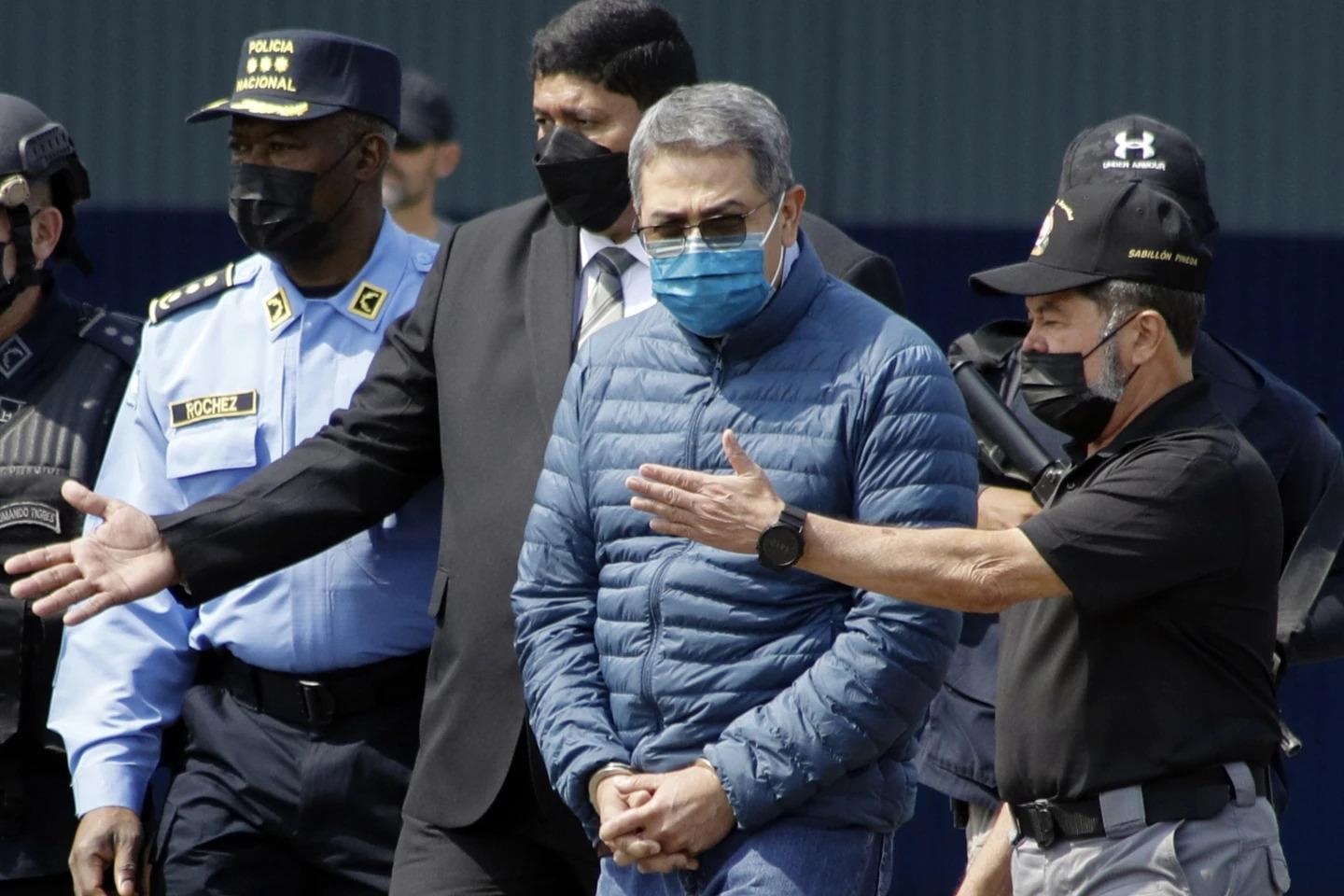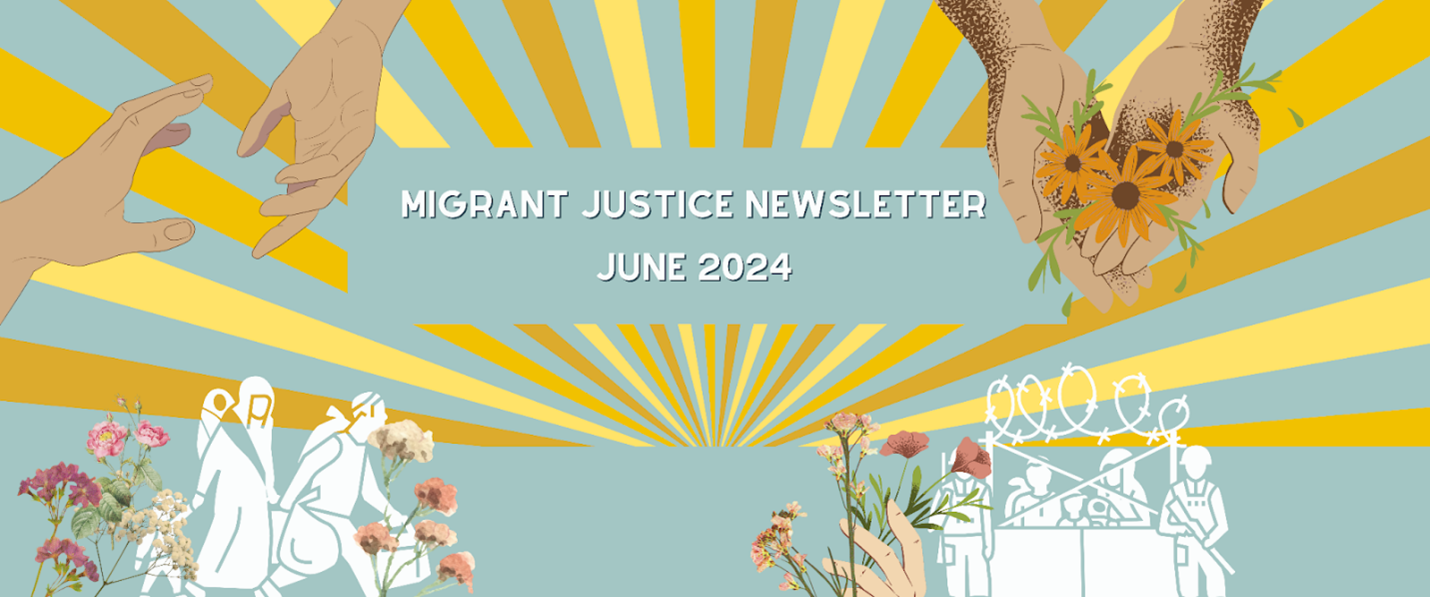Laura Blume's article in NACLA highlights the mixed reactions and broader implications following the conviction of former Honduran President Juan Orlando Hernández (JOH) for drug trafficking. While many Hondurans, like Gabriela, celebrated the verdict, the article critiques the United States' role in both enabling and subsequently prosecuting JOH. The U.S. had historically supported JOH's rise to power, despite its own drug consumption fueling narco-corruption in Honduras. The piece delves into the history of U.S. interventions in Honduras, from early 20th-century capitalist interests to Cold War strategies, which entrenched military and narco-political alliances. Blume argues that U.S. policies, including militarized counter-drug efforts and security aid, have often exacerbated violence and corruption in Honduras. She calls for the U.S. to acknowledge its complicity, reevaluate its War on Drugs, and support genuine anti-corruption measures like the proposed international commission against impunity in Honduras (CICIH). The article underscores the need for the U.S. to address the root causes of narcotics demand and provide better support for Honduran migrants fleeing the resulting violence and corruption.
- Home
- About Us
- Issues
- Countries
- Rapid Response Network
- Young Adults
- Get Involved
- Calendar
- Donate
- Blog



